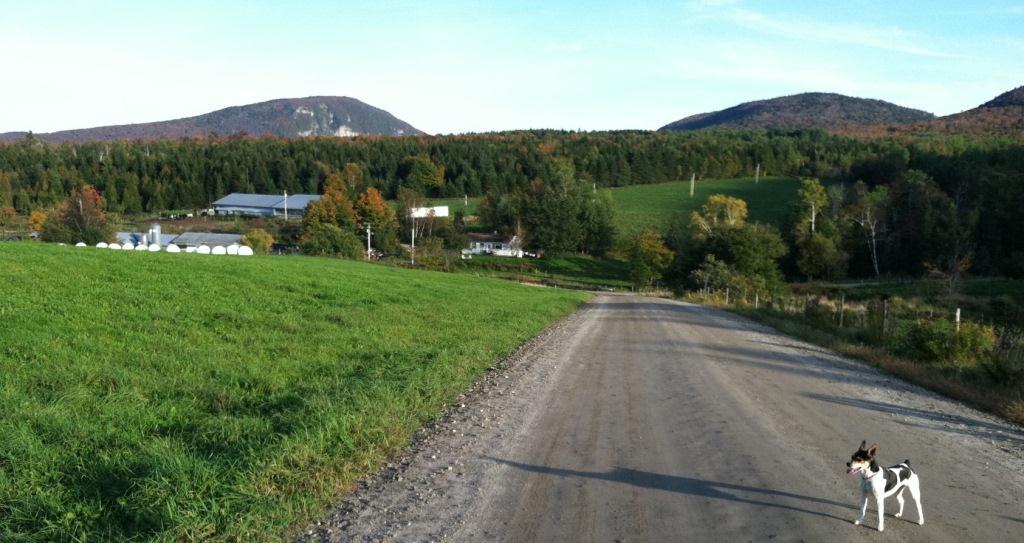Life’s about choices. As we have advanced as a culture, we have created more choices in nearly every aspect of life. When I was planning my wedding, I remember being in awe about all of these choices being thrown at me. Sometimes it felt like I was on the bottom of a big pile just trying to get out from under it one decision at a time. Some people thrive in that situation. For me, I just wanted to marry my husband and not worry about whether we’d have wine on each table or serve it from the bar.
That’s not to say that choices are not important. Certainly there are those that are indeed more important than others – like my decision to say “yes” to my husband when he asked me. Or even perhaps my choice to ask him, had I thought of that.
To me, this ongoing debate about how farmers should farm is much like this type of scenario. There are many choices we have to make – like what color or brand of equipment we choose, which isn’t as important as whether we will be buying a no-till corn planter or something else that makes sense for our farm.
As I’ve been vocal in the debate about labeling or as I see it, stigmatizing, food produced with GMO crops, people have asked why speak up? Reporters seem to always want a simple answer – which happened in this Christian Science Monitor article, which I was happy to be a part of but left me a bit disappointed in its finished form. The journalist reasoned that my main concern about stigmatizing GMOs was because I was afraid it would raise the feed expense for the cows and thus, my boys wouldn’t have the chance to carry on our farming tradition. While this is a small part of my concern, there’s way more to it.
Let’s face it. Right around one percent of Americans are primary farm operators, or about one farmer for every 99 people. One expert and 99 back seat drivers give or take. That’s a pretty big bus that farmer’s driving. To some extent, the farmer can listen to passengers and go slower or faster, turn the A/C or heat on or off, provide more cushion on the seats or not; but at some point, the bus has to safely arrive at it’s destination – avoiding pot holes, ice, ditches, oncoming traffic, etc. More importantly, the driver (the farmer) has to make the best decision possible for protecting those passengers, getting them safely from here to there while keeping the bus in good condition for future trips. Sure, there may be other buses passengers can choose – but there won’t be as many without preserving options – either through legislation or the market.
Back to choices as a farmer and figuring out the best way to make the best use of our resources while preserving the farm for the next farmer to come along: Choices ensure sustainability.
Choices ensure sustainability.
We face a constantly changing landscape as farmers, with new challenges and opportunities appearing nearly every day. No doubt my sons, or the next farmers here, will face the same. In order to keep up, adjust or take advantage, the ability to make choices that the market will accept and that regulation will not deny will be key to ensuring sustainability.
So yes, preserving the next generation’s chance to farm is about concern for the cost of feed for the cows – both economically and environmentally, but it’s also about so much more than that.



 owners/managers – commodity and value added, large and small, conventional and organic, purchased feed and homegrown, cattle and sheep or goats. There are certain characteristics that are common to all models – hard work and a love for the animals and land in our care.
owners/managers – commodity and value added, large and small, conventional and organic, purchased feed and homegrown, cattle and sheep or goats. There are certain characteristics that are common to all models – hard work and a love for the animals and land in our care.